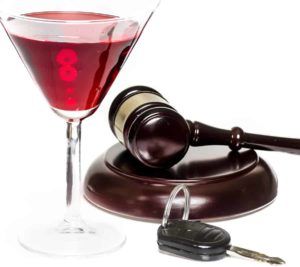 Like many states, Texas makes a deal with you when you get your driver’s license: you get to drive as long as you promise to be cool with a breathalyzer or other blood alcohol concentration (BAC) test during a DWI traffic stop. All states have some type of implied consent rules, some of which are triggered before an arrest occurs. Texas implied consent laws don’t kick in until after you are arrested for a suspected DWI, however, giving the illusion that it is okay to refuse a BAC test.
Like many states, Texas makes a deal with you when you get your driver’s license: you get to drive as long as you promise to be cool with a breathalyzer or other blood alcohol concentration (BAC) test during a DWI traffic stop. All states have some type of implied consent rules, some of which are triggered before an arrest occurs. Texas implied consent laws don’t kick in until after you are arrested for a suspected DWI, however, giving the illusion that it is okay to refuse a BAC test.
Refusing a BAC test during a DWI stop violates Texas implied consent laws in many cases.
Legally, you can refuse the BAC test, only that refusal provides probable cause to the officer to arrest you for a DWI. Once you head to court for that charge, you will have the penalties for a DWI ahead of you. If you are found guilty, you will have criminal DWI penalties (fines, community service, possible ignition interlock requirement) and the consequences for violating Texas implied consent law, even if you are not guilty of a DWI.
The penalty for violating Texas implied consent law is a license suspension through the Texas Department of Public Safety (TXDPS). You will be notified by your arresting officer and you then have 15 days to request an administrative hearing regarding your license status. If your argument is not valid, TXDPS will suspend your license for at least 180 days and maybe up to two years, total. You may be eligible for an ignition interlock device in order to restore your license, once it is suspended. The court may also order you to install the device separately from the TXDPS action.
Refusing the BAC test may seem like an easy out from a DWI. Texas implied consent laws, however, prove the easiest way to steer clear of a drunk driving charge is to only count on your own commitment to sober driving.

 What’s the Worst New Mexico Implied Consent Violation?
What’s the Worst New Mexico Implied Consent Violation?